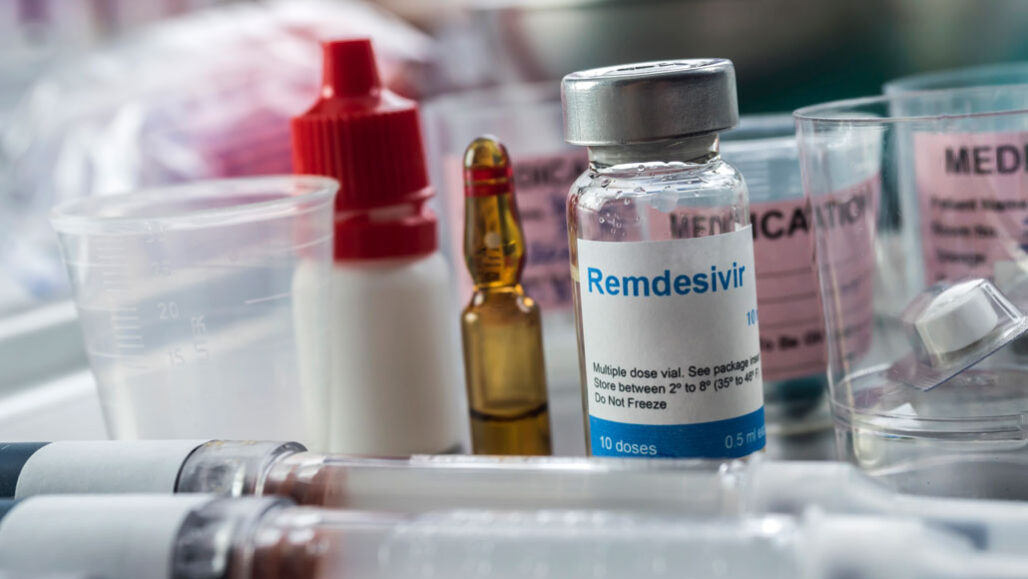Union Minister Nitin Gadkari, on Thursday stated that centre has decided to increase the production of the anti-viral drug Remdesivir, and that it will be provided to people at government’s price.
This decision comes in the wake of several cases of blackmarketing of the Remdesivir injection amid the ravaging second wave of Covid19.
Gadkari said, “There was a shortage of Remdesivir injection. Because of this, incidents of black marketing took place, several people lost their lives as they have not received Remdesivir, so we decided to increase its production.”
He further added, “But we tried (and to got manufacturing rights), Remdesivir will be provided to people at government’s price. Now, I think there will be no black marketing or no person will die due to lack of it, there is no reservation, can be provided to other states when there will be surplus.”
The Karnataka police confirmed the arrest of 90 people allegedly found black-marketing the antiviral drug-Remdesivir. It continues to be in high demand, especially at private hospitals across the state where Covid-19 patients are being treated.
DG&IGP Praveen Sood said, “As many as 90 people have been arrested in 38 cases booked so far for black marketing Remdesivir injection or packing fake Remdesivir. Our drive will continue against those trying to profiteer in this tough situation.”
Also Read: Issues faced by India in dealing with Covid 19 resurge- Is it too late to contain the Second Wave
WHO’ observation on Remdesivir which must not be ignored
On November 20, 2020, WHO had warned that the anti-viral drug Remdesivir should not be used to treat Covid19 patients no matter how ill they are as there is no evidence that it works. The WHO recommendation published in British Medical Journal was based on an evidence review that included data from four international randomized trials among more than 7000 hospitalized patients.
Work on Remdesivir began on October 15 when the WHO Solidarity Trial published its interim results. Data reviewed by the panel included results from this trial, as well as 3 other randomized controlled trials. In all, data from over 7000 patients across the 4 trials were considered.
The gathered evidence suggested no important effect on mortality, need for mechanical ventilation, time to clinical improvement, and other patient-important outcomes. The panel conducting the study, after reviewing the evidence had concluded that Remdesivir has no meaningful effect on death rates or other important outcomes for patients.
It had stated, “Especially given the costs and resource implications associated with Remdesivir, the panel felt the responsibility should be on demonstrating evidence of efficacy, which is not established by the currently available data.”





